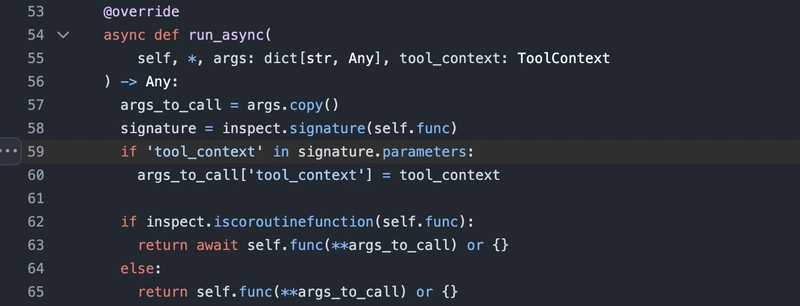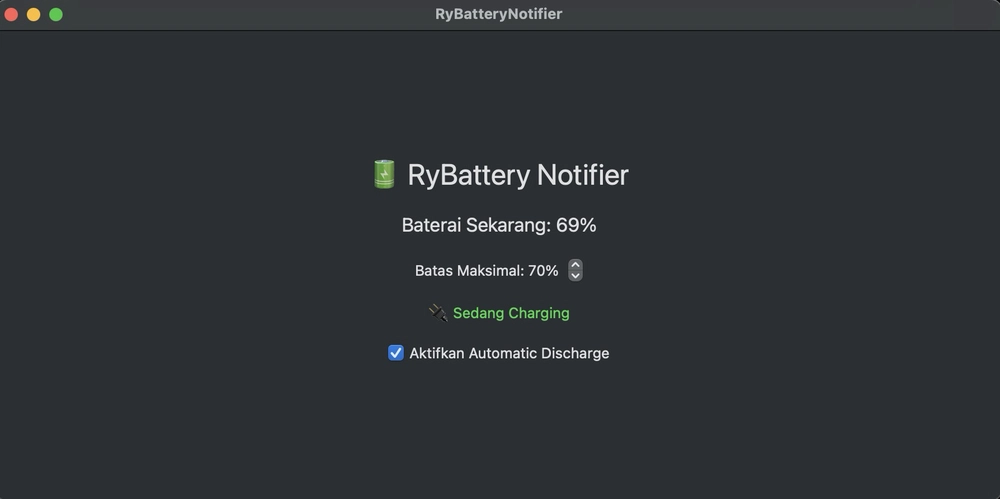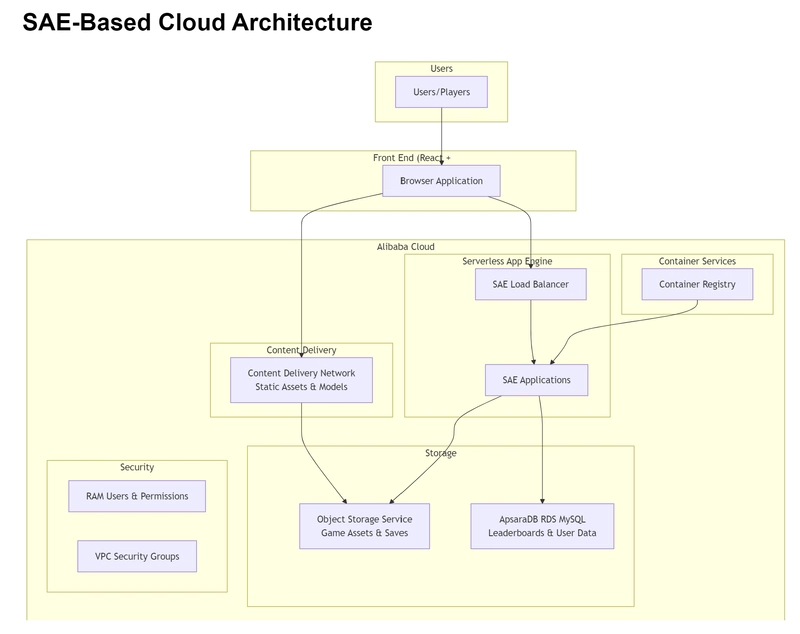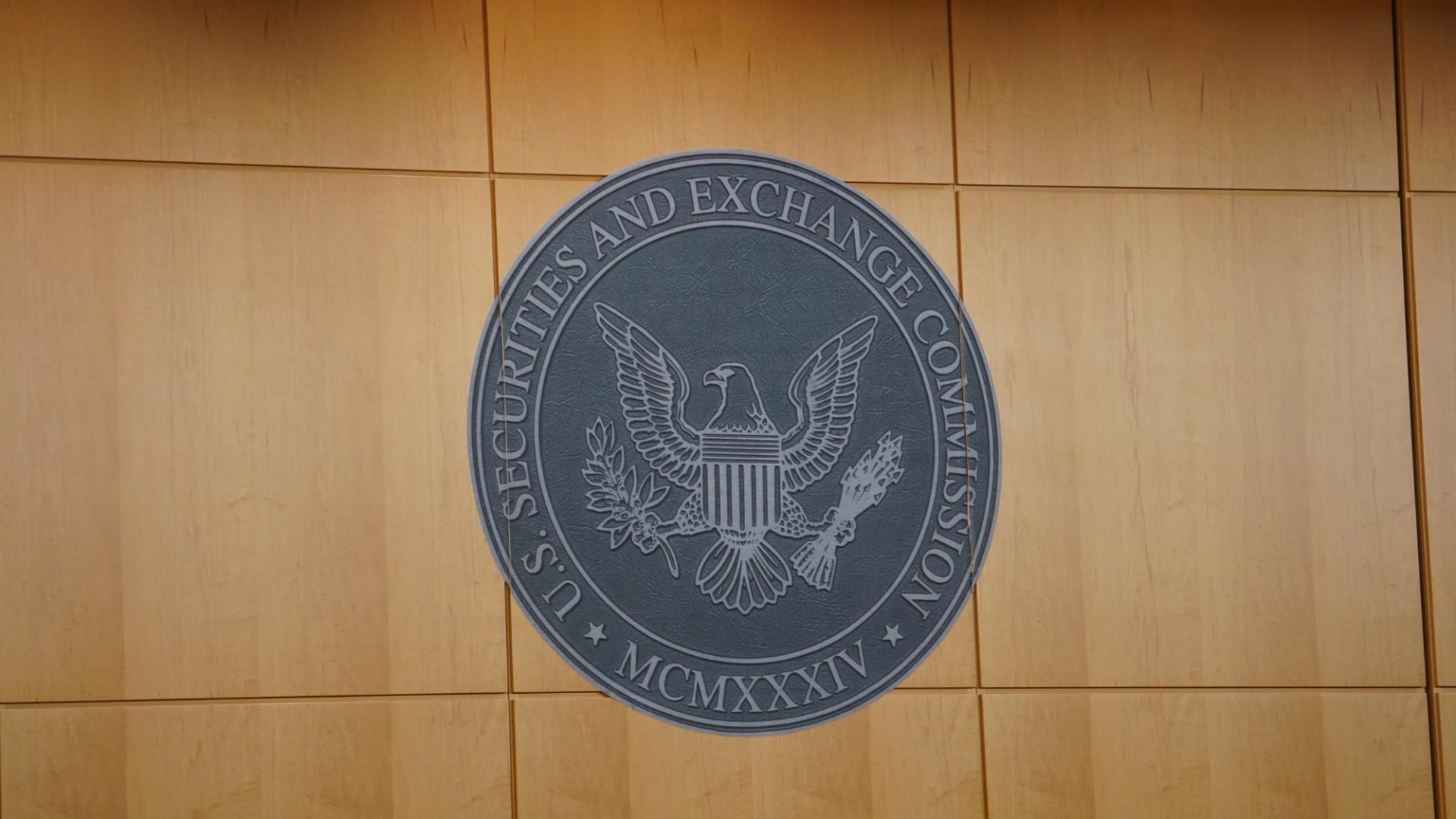SPF proposes taskforce to streamline reverse-flips for startups seeking a faster way home
The Startup Policy Forum (SPF) — which represents over 50 tech firms — has urged the Indian government to create a dedicated “Ease of Reverse Flip Taskforce” to streamline the process of shifting a company’s holding structure back to India.


A startup collective is calling for regulatory reform to help Indian-origin startups re-domicile from overseas, as pressure builds to list on booming local stock markets.
The Startup Policy Forum (SPF)—which represents over 50 tech firms—said it has urged the Indian government to create a dedicated “Ease of Reverse Flip Taskforce” to streamline the complex process of shifting a company’s holding structure, usually from the US or Singapore back, to India.
"Despite recent volatility and bearish positioning, India continues to be the preferred destination for Indian companies looking to go public," Shweta Rajpal Kohli, President and CEO of the Startup Policy Forum (SPF), told YourStory. "Streamlining the reverse flipping process will not only help reduce compliance costs, but also offer greater clarity on timelines when planning for an IPO."
The appeal of home has grown stronger for Indian startups that once flocked to Delaware or Singapore for regulatory ease or VC access. With India’s capital markets booming—and public investors rewarding consumer tech IPOs with generous valuations — companies like Zepto, Groww, and PhonePe have already flipped back. Razorpay, Meesho, and Pine Labs are in the process.
"Startup Policy Forum (SPF) appreciates the government's efforts to encourage Indian startups based abroad to move their headquarters back to India," Kohli said.
"The government has already simplified nearly 80% of the reverse flipping process, making it significantly easier for startups to shift their domicile to India. Addressing the remaining 20% could meaningfully reduce compliance challenges and enhance IPO preparedness across the startup ecosystem," She added.
However SPF warns that red tape could slow momentum—particularly for companies racing to meet IPO windows.
One of the main concerns is the limited applicability of the fast-track merger mechanism. As per current rules, this expedited route is restricted to mergers involving wholly owned subsidiaries. Most startups, however, operate through structures that include minority investors or multiple entities, thereby making them ineligible for fast-track processing.
In such cases, companies are required to go through the conventional route under which involves seeking approval from the National Company Law Tribunal (NCLT). This adds time, legal cost, and procedural complexity to the process.
For instance, PhonePe paid around $1 billion in capital gains tax to the Indian government to complete its move, while Groww incurred approximately $160 million in taxes as per media reports.
The NCLT route itself presents a second challenge. For startups planning to re-domicile and subsequently list in India, delays in securing tribunal approval can significantly affect IPO timelines.
Although a 2024 amendment to the Companies Rules removed NCLT requirements for mergers between a foreign holding company and its wholly owned Indian subsidiary, startups with more complex shareholding patterns still fall outside this exemption.
NCLT proceedings involve stakeholder consultations, regulatory clearances, and judicial scrutiny, which often extend the timeline to more than a year.
Another procedural bottleneck involves foreign direct investment (FDI) regulations—specifically for investments from countries that share a land border with India. Since 2020, India has required prior government approval for any direct or indirect investments from entities based in these countries, including China. This rule, introduced on national security grounds, applies even when existing investors from these countries need to be issued new shares during a reverse flip.
As a result, startups with such investors face extended wait times and additional compliance requirements when trying to restructure their ownership under Indian jurisdiction.
Taxation also complicates reverse flips. Share swaps—a common method where foreign shareholders exchange their shares for shares in the Indian entity—are treated as taxable events under Indian law. These swaps are considered a transfer of capital assets and may attract capital gains tax.
In many cases, this tax exposure compels startups to consider alternative structures, such as inbound mergers, which are more complex but may qualify as tax-neutral if specific conditions under the Income Tax Act are met. Even though inbound mergers may offer relief, they demand additional legal and regulatory planning, further slowing down redomiciliation.
The group also revealed it is preparing a Reverse Flip Playbook in partnership with law firm AP & Partners and tax consultancy Aeka Advisors, aimed at guiding founders through the still-cumbersome steps of re-domiciliation.
Edited by Jyoti Narayan











































































































































































![[The AI Show Episode 144]: ChatGPT’s New Memory, Shopify CEO’s Leaked “AI First” Memo, Google Cloud Next Releases, o3 and o4-mini Coming Soon & Llama 4’s Rocky Launch](https://www.marketingaiinstitute.com/hubfs/ep%20144%20cover.png)


































































































































![From fast food worker to cybersecurity engineer with Tae'lur Alexis [Podcast #169]](https://cdn.hashnode.com/res/hashnode/image/upload/v1745242807605/8a6cf71c-144f-4c91-9532-62d7c92c0f65.png?#)
























![BPMN-procesmodellering [closed]](https://i.sstatic.net/l7l8q49F.png)























































































































_Tanapong_Sungkaew_via_Alamy.jpg?width=1280&auto=webp&quality=80&disable=upscale#)

_Andreas_Prott_Alamy.jpg?width=1280&auto=webp&quality=80&disable=upscale#)






























































































![Apple highlights Apple Intelligence ‘Clean Up’ feature in new ad [Video]](https://i0.wp.com/9to5mac.com/wp-content/uploads/sites/6/2025/04/apple-intelligence-clean-up.jpeg?resize=1200%2C628&quality=82&strip=all&ssl=1)

![CMF Phone 2 Pro has a dual-tone design and improved camera in latest teasers [Gallery]](https://i0.wp.com/9to5google.com/wp-content/uploads/sites/4/2025/04/cmf-phone-2-pro-camera-tease.jpg?resize=1200%2C628&quality=82&strip=all&ssl=1)

![Lenovo shows off its next 8.8-inch Legion Tab with vague AI promises [Gallery]](https://i0.wp.com/9to5google.com/wp-content/uploads/sites/4/2025/04/lenovo-legion-tab-y700-2025-1.jpg?resize=1200%2C628&quality=82&strip=all&ssl=1)












![Samsung Targets Late 2026 Launch for Advanced Texas Chip Fab Following Delays [Report]](https://www.iclarified.com/images/news/97073/97073/97073-640.jpg)

![Apple Shares Official Trailer for 'Long Way Home' Starring Ewan McGregor and Charley Boorman [Video]](https://www.iclarified.com/images/news/97069/97069/97069-640.jpg)
![Apple Watch Series 10 Back On Sale for $299! [Lowest Price Ever]](https://www.iclarified.com/images/news/96657/96657/96657-640.jpg)





























![Mobile Legends: Bang Bang [MLBB] Free Redeem Codes April 2025](https://www.talkandroid.com/wp-content/uploads/2024/07/Screenshot_20240704-093036_Mobile-Legends-Bang-Bang.jpg)





































































































